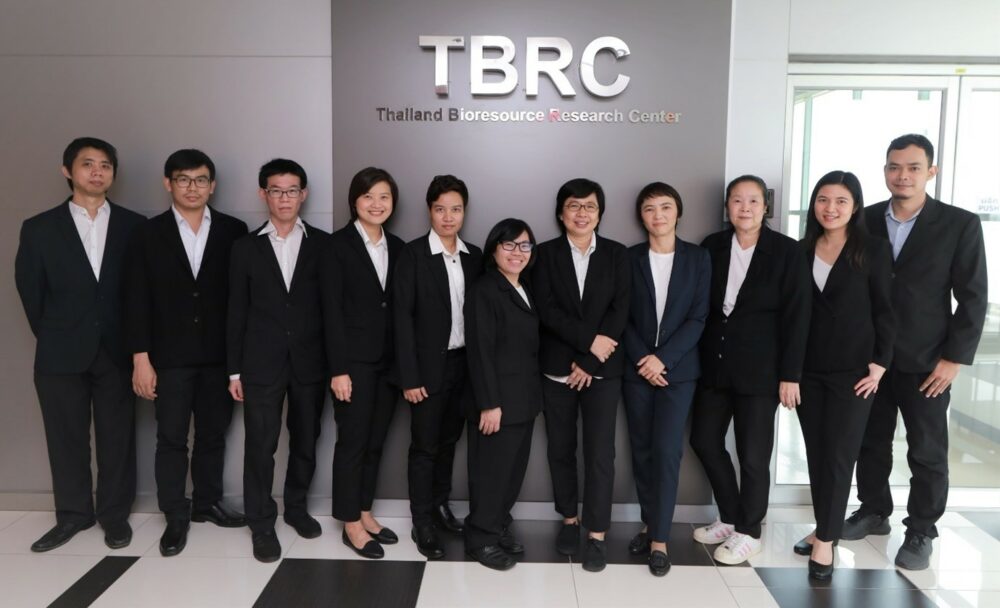
Nowadays, urban air quality is one of the most pertinent challenges across cities that affects billions of people globally. The defining characteristics of mega-cities, such as excessive use of fossil fuels, interconnected networks of buildings, crowded public spaces, and prevalent rapid transit systems, inevitably bring about health-concerning air pollution and an ideal condition for fueling epidemics, especially with the continuing increase in urban population. In mega-cities, the subway network is a man-made environment that constantly exposes human commuters to the mingling mixture of airborne particles and microbes. Undoubtedly, the complex physical and biological interactions at human-air-building interfaces in the subway network would exert substantial effects on microcosms of airborne bacteria, fungi, and viruses.

Under the support from the Alliance of International Science Organizations (ANSO), the international team consisting of 3 leading Asian research centers; namely a) Thailand Bioresource Research Center (TBRC), National Center for Genetic Engineering and Biotechnology (BIOTEC), b) Institute of Microbiology, Chinese Academy of Science (IMCAS) and c) Institute of Botany, Uzbekistan Academy of Science, has developed a frontier research project to investigate the relationship of air microbiomes with urbanized environmental factors. The team is collaboratively sampling air microbiomes from subway networks in 2 densely populated Asian cities, including Bangkok (Thailand) and Beijing (People’s Republic of China). Utilizing next-generation metagenomic sequencing and state-of-the-art bioinformatic analyses, the study will elucidate the effects of air variables, especially PM2.5 and PM10, on the structure and dynamics of air microbiomes. Comparative data analyses will imply the significance of other contributing factors, such as seasonal cycles, climates, and geographic locality, in this complex picture of air microbiomes in urban environments.
The success of the project will fruitfully advance the research of air microbiome, or microbiome in general built environments, in scientific communities through mutual sharing of information, protocol standardization, and methodological know-how. Ultimately, the knowledge stemming from these advancements will become crucial in hazard assessment and policymaking, thus fulfilling the ANSO’s goals of sustainable economic progress that benefits all stakeholders and the general public as a whole.
Supported by the Alliance of International Science Organization, (Project No.ANSO-CR-PP-2020-02)
